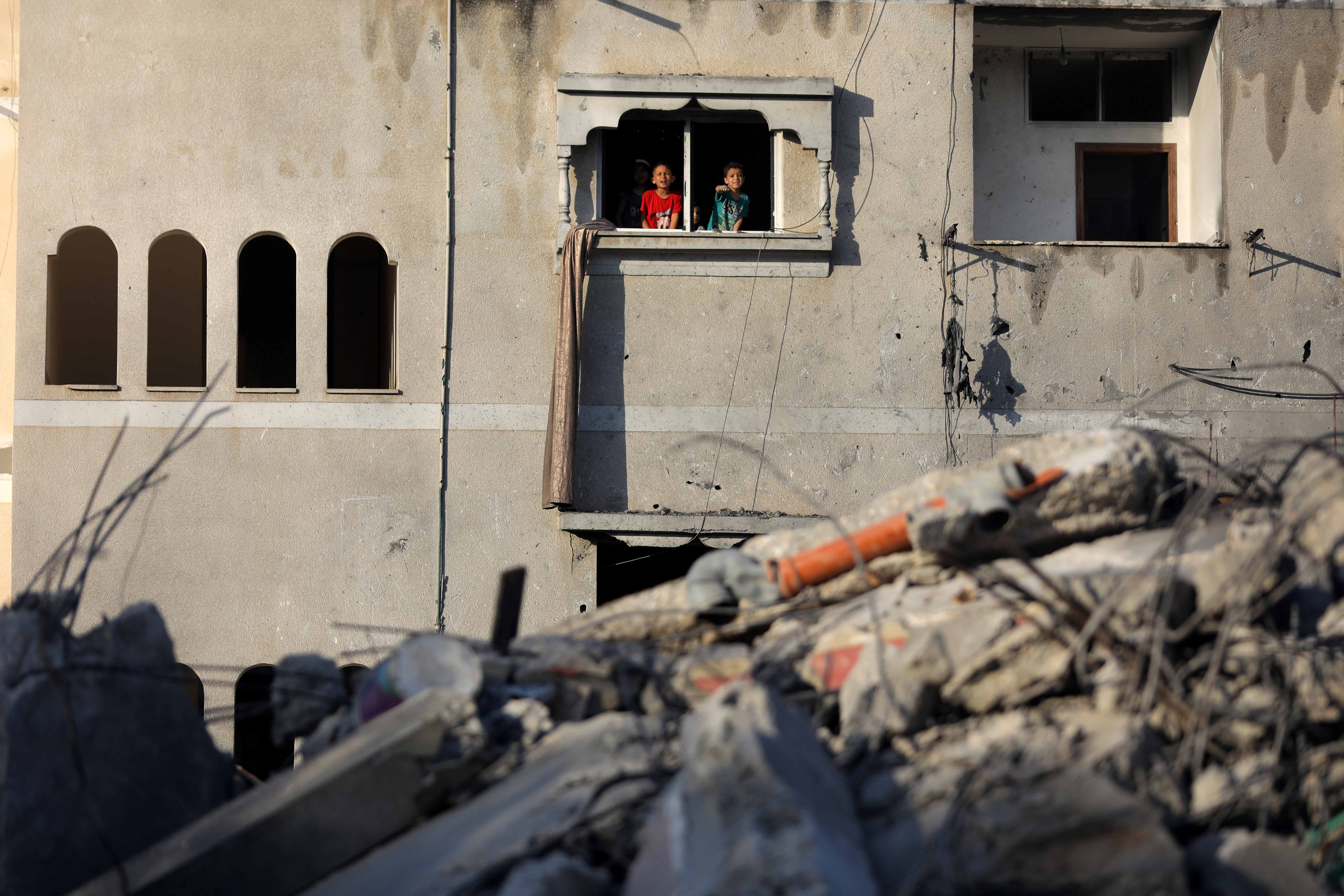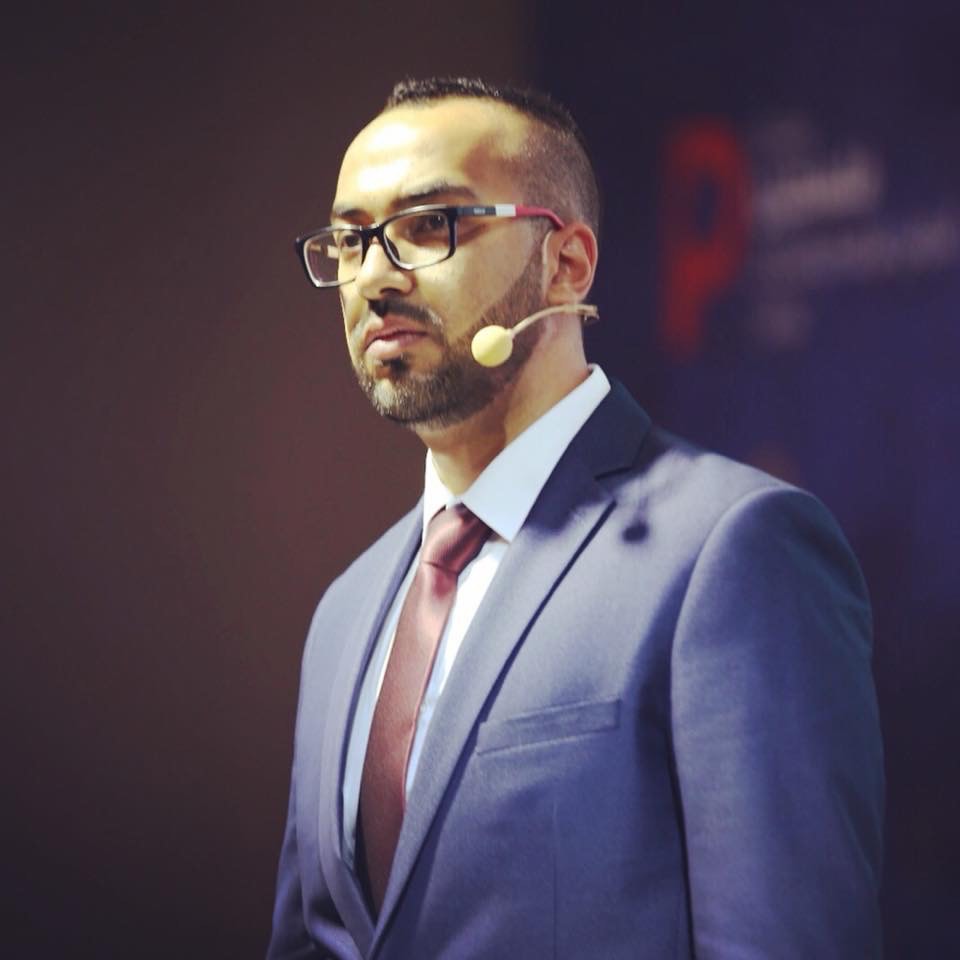تخيل أنك تجلس مع مجموعة من أصدقائك في حديقة عامة وكنت تحدثهم عن موضوع ما، وجاءك حارس الحديقة وأخبرك أنك ممنوع من التحدث معهم داخلها، لأنك تناقشت معهم بموضوع يحظر النقاش فيه، ماذا ستكون ردة فعلك؟ هل من حق حارس الحديقة أن يتحكم بما تقوله لأصدقائك؟ وأنت لم تؤذ أحدًا، ولم تعتد على حرية أحد، ولم تجبر أحدًا على الاستماع إليك، وللجميع الحرية في عدم الإنصات، لكن حارس الحديقة يصر أنك لا تستطيع التحدث عن هذا الموضوع، وعند سؤالك له عن الأسباب يتجنب الإجابة.
هذا ليس من ضرب الخيال، إنما حدث ويحدث في فضائنا الرقمي، فمنصات التواصل الاجتماعي، - هذا الفناء الرقمي الذي نجالس فيه الآخرين ونتواصل معهم – تقمعنا، أو تكمم أفواهنا، أو تمنعنا من دخول هذا الفناء. يصادر منا حق الحديث مع من وافق على الاستماع لنا، ونمنع من متابعة من قررنا متابعته ووافق على ذلك دون مراعاة لاحتياجات المستخدمين المختلفة. وبالعكس تتكرس هذه الممارسات القمعية ضد محتوى بعينه في أشد أوقات حاجة المستخدمين لمعرفة المزيد عنه، ومتابعته من أكثر من زاوية ليتسنى لهم تكوين وجهة نظرهم الخاصة عن الموضوع.
ساهمت منصات التواصل الاجتماعي في تحرير القضية الفلسطينية من الإعلام التقليدي الذي تسيطر عليه السردية الإسرائيلية، لكن ذلك لم يدم طويلًا فقد امتد نفوذ إسرائيل إلى مسؤوليها لمحاصرة الرواية الفلسطينية.
ولطالما كانت ثمة مخاوف عالمية حول مدى حيادية منصات التواصل الاجتماعي كمنصات تعدّ وسيطًا لعملية الاتصال، في حجب أو تفضيل محتوى على آخر، تحديدًا في ظل غياب أنظمة وتشريعات واضحة وناظمة لصلاحيات هذه المنصات. فكما تقول ماريام سميث المختصة في الحقوق الرقمية وأخلاقيات الإنترنت: "الحقوق الرقمية تشمل حق الوصول إلى المعلومات.. وهو جوهر عالم الإنترنت والتكنولوجيا وهذا حقًا سؤال مهم، فما فائدة الإنترنت والمنصات التي تعمل في فضائه إن كانت ستمنع من الوصول أو تمنع الوصول إلينا؟
لقد ساهم الإنترنت ومنصات التواصل الاجتماعي في تحرير القضية الفلسطينية من الإعلام التقليدي والذي تسيطر عليه في معظم العالم الرواية والسردية الإسرائيلية، لكن ذلك لم يدم طويلًا فقد امتد نفوذ إسرائيل إلى إدارات منصات التواصل الاجتماعي وفرضت ثقلها لتكون المساحة المعطاة للرواية الإسرائيلية أكبر مما يعطى للرواية الفلسطينية من خلال وضع قيود كثيرة على المستخدمين الفلسطينيين أو الداعمين لفلسطين. مع كل حدث ميداني في فلسطين تفعل بشكل أكبر خوارزميات هذه المنصات لاصطياد أكبر قدر ممكن من المحتوى الداعم لفلسطين، وظهر ذلك جليًا بالتزامن مع عملية "طوفان الأقصى" التي شنتها المقاومة الفلسطينية في السابع من أكتوبر/ تشرين الأول للعام 2023 وما تبعها من مجازر إسرائيلية بحق المدنيين في قطاع غزة، أعلنت منصة ميتا أنها حذفت 795 ألف منشورًا على منصاتها المختلفة في الأيام الثلاثة الأولى من العدوان باللغات العبرية والعربية والإنجليزية.
أما منصة تيكتوك فقد عمدت إلى إدخال مصطلح "من البحر إلى النهر" ضمن قائمة الكلمات المعادية للسامية والتي يحظر استخدامها في المنصة، كما أن منصة "إكس" (تويتر سابقا) بادرت أيضا مع بداية العدوان بالتعاون مع المنتدى العالمي لمكافحة الإرهاب عبر الإنترنت لمحاربة المحتوى ذي العلاقة بالأحداث الدائرة في فلسطين.
إن هذا الانحياز الواضح من قبل المنصات وبطلبات حكومية كان أبرزها طلب الاتحاد الأوروبي لإزالة المحتوى المناهض لإسرائيل، وطلبات النيابة الإسرائيلية المتواصلة التي صرحت بعد أيام من الحرب أنها وجهت 5500 طلبًا لمنصات التواصل لإزالة محتوى "يتعارض مع السياسات الإسرائيلية" وتجاوبت المنصات المختلفة بإزالة 4450 من الطلبات المقدمة، كما أن هذه الاستجابة لم تتوقف عند إزالة المحتوى فقط، إنما قامت أيضًا بتحديث تطبيقاتها وبرمجياتها لتصبح أكثر قدرة على ملاحقة المحتوى، وظهر ذلك بتصريح رسمي من شركة ميتا.
في الوقت ذاته رصدت مؤسسات مجتمع مدني فلسطيني المنشورات الإسرائيلية التي تحرض ضد العرب والفلسطينيين والمسلمين، التي زادت عن 100 ألف منشور، فيما عزت مؤسسات أخرى الجرائم التي يقوم بها الاحتلال الإسرائيلي على أرض الواقع إلى نتيجة متوقعة للصمت الرقمي الذي تفرضه هذه المنصات على مختلف مستخدميها المناهضين لممارسات الاحتلال.
وجه الاحتلال 5500 طلبًا لمنصات التواصل لإزالة محتوى "يتعارض مع السياسات الإسرائيلية" وتجاوبت المنصات المختلفة بإزالة 4450 من الطلبات المقدمة.
هذه الحرب الرقمية التي تسعى إلى إغراق غزة في ظلام رقمي دامس، يتوازى مع طلبات إسرائيلية من شركات إنترنت فضائي فائق السرعة مثل "سبيس إكس" أن تزود جنود الاحتلال بخدماتها على تخوم القطاع، معززة ذلك باعتقال عشرات الفلسطينيين - في الضفة الغربية والقدس والداخل المحتل - النشطاء عبر منصات التواصل الاجتماعي نتيجة تفاعلهم مع العدوان المتواصل.








































